
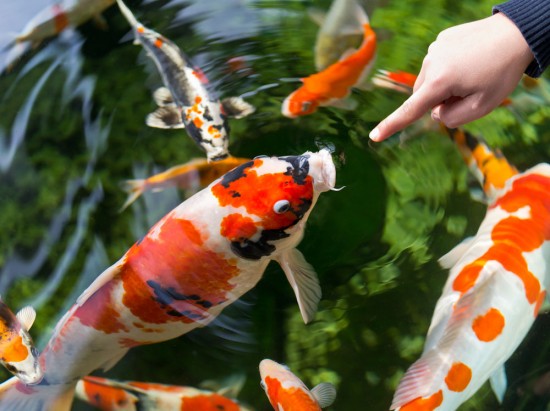
Having a fish tank in a room offers a touch on nature inside the home, they are relaxing to watch and with a great choice of tanks available these days, you can create a very unique look of your own. However, if you have a garden and want to have a pond in it, this too can create a fascinating corner that draws you to it when the weather is nice and warm. A pond can be a real focal point of a garden and if well set up, creates a great environment for all sorts of insects and amphibians.
Ponds are wonderful because not only are they great environments for fish, but dragon flies, pond skaters, frogs, toads and if you are very lucky even newts. In fact, once a pond is well established, you'd be amazed at the pond life you might find in there. When choosing what fish to keep, then you will need to decide wisely as to which species would be best and if it's your first pond, you may want to make life as easy as possible for yourself.
If you already have an established pond in your back garden, then you might want to just give it a bit of a clear out if there are any overgrown plants around it or even in it. If on the other hand you are planning to put in an outdoor pond, then you need to establish the best position for it and remember, your fish may have to spend the whole year outside and this includes those very cold winter months. If you live in an area where it really freezes up, then you might want to consider bringing your fish indoors during a very cold spell – you will of course need to make plans for this well before the cold weather takes hold.
The thing to bear in mind is that even the most hardy of fish will suffocate in small ponds if there is not enough oxygen in the water. The layer of ice across the top of the pond prevents any oxygen from getting into the water and hence fish may die. However, there are some species of fish that have adapted very well to extremely harsh climates. They do this by hibernating, they remain in a dormant state which means they do not need much oxygen to survive when ponds freeze over.
The most popular fish to have in garden ponds are Koi and Goldfish. The latter tend to be easier to keep, it's simpler to up a nice environment for Goldfish because you can choose from a selection of plants to put in the pond. However, Koi tend to eat any and all plants and should only really be kept with a few select types of plants.
It does also depend on the size of the pond you are planning to have as to the sort of fish you keep in it. If it's a smallish pond, then Goldfish would be the better choice because Koi need a lot more space. In fact they should not be put in ponds that hold less than 1000 gallons of water and depth wise they need a minimum of three feet or preferably more in order to do well and thrive.
The rule of thumb is smaller ponds that are around two feet deep are perfect for Goldfish, but Koi need to be kept in deeper water and much larger ponds. However, the deeper a pond the better no matter what size it is. Remember during the winter months ponds will freeze over and your fish need to get down deep in order to survive the colder spells.
If you have the space, bear in mind that the larger the pond, the easier it will be to maintain. Secondly, if the pond is bigger the environment you create for your fish will be a lot more stable. Another thing to consider, is that if any pollutants get into your pond by mistake, they will be diluted that much better because of the larger volume of water. The same can be said when it comes to fish and plant waste. Larger ponds cope better with rapid changes in temperature and fish stand a better chance of hiding from predators in larger ponds than they do in smaller ones, and this includes predators like a pet cat.
As mentioned before, choosing the perfect place for an outdoor pond is crucial. If you place a pond under trees and bushes this equals a lot of debris getting into your pond. This includes fallen leaves and other things including bird droppings. If you are planning to have some plants in your pond, then remember they will need sunlight to thrive and do well. If you want a fish-only pond, you could choose a more shaded area of your garden but if you want fish and plants, you need to choose a sunnier spot.
Plants provide a lot of natural filtration to ponds because they eat up any fish waste. Other types of plants can oxygenate the pond for you very efficiently. If you choose a sunny spot for your pond, you will need to choose some surface plants that provide shade for the fish when the weather is very hot and sunny.
Not only do plants add oxygen and act as natural filtrations to outdoor ponds, but if well chosen and planted up can create a beautiful feature in your garden. During the spring and summer months, pond plants can be really beautiful especially water lilies and irises. But there are many other sorts of attractive plants available, you just need to make sure the plants you choose are okay to put with the fish you have chosen to keep.
If you want to protect your pond these days there is a great choice of pond netting which you can place over the pond. Not only does the netting protect your fish but it stops debris from falling into it. This is especially useful if you have a small pond and want to keep the time you spend cleaning it out down to a minimum.
Adding a pond to a garden attracts a many insects, amphibians and other animals, creating a really good environment for them to use. It adds a new dimension to an outdoor space that's great to spend some time close to especially during the warmer spring and summer months when everything comes back to life again after the cold winter months.
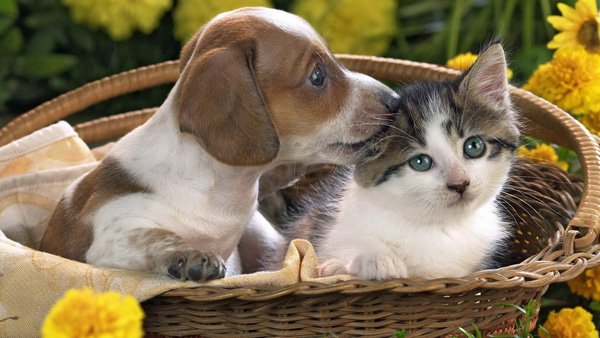 Benefits of Buying a Puppy from a Pet Store
Benefits of Buying a Puppy from a Pet Store
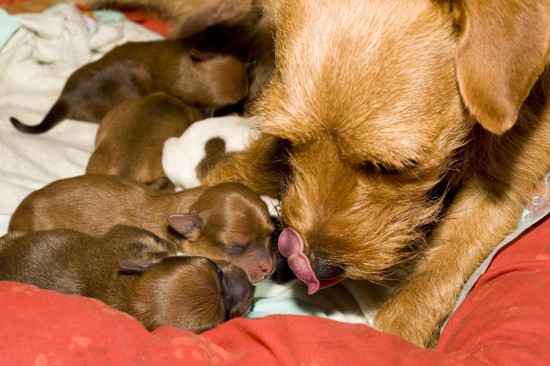 Breeding From Your Dog - The First Stages Of Labour
Breeding From Your Dog - The First Stages Of Labour
 Where to Look for the Best Pet Boarding Facility in Chapel Hill?
Where to Look for the Best Pet Boarding Facility in Chapel Hill?
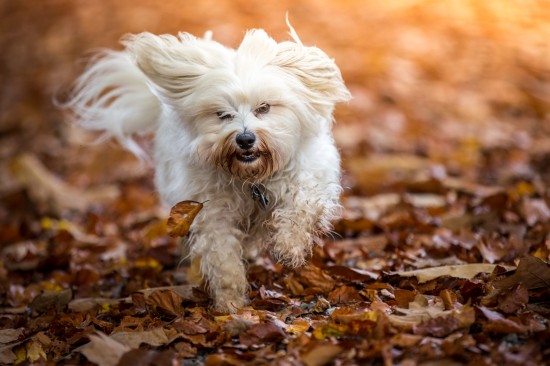 Feeding Your Dog In The Autumn And Winter
Feeding Your Dog In The Autumn And Winter
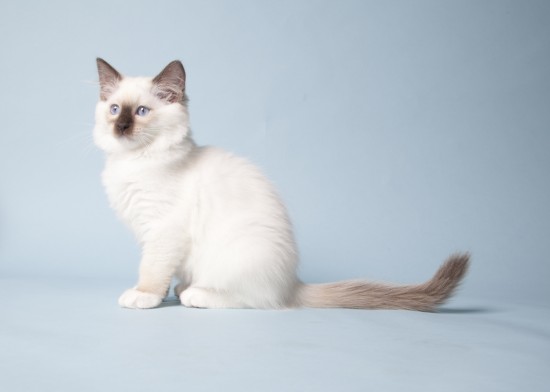 Whats The Difference Between A Ragdoll And Ragamuffin?
Whats The Difference Between A Ragdoll And Ragamuffin?
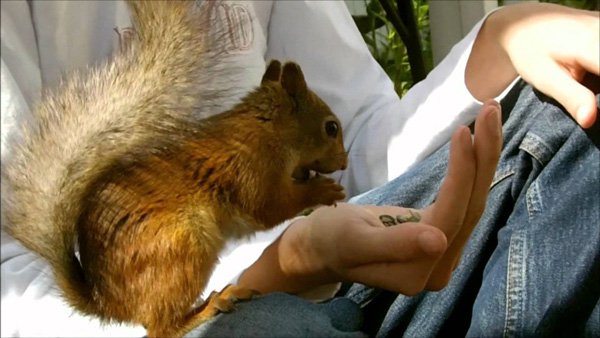 Make Your Chickens Healthy – Provide them with Coops and Runs
Make Your Chickens Healthy – Provide them with Coops and Runs
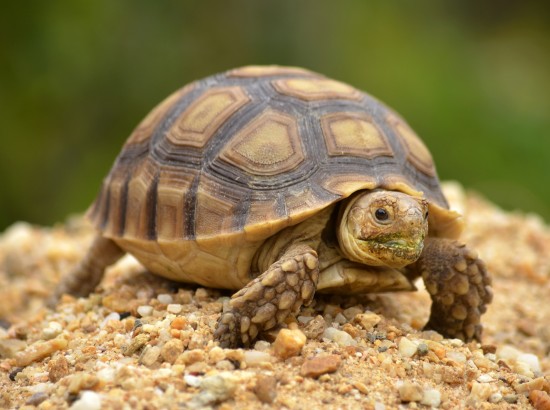 Tortoise And Turtle Shells, And Potential Problems
Tortoise And Turt
Tortoise And Turtle Shells, And Potential Problems
Tortoise And Turt
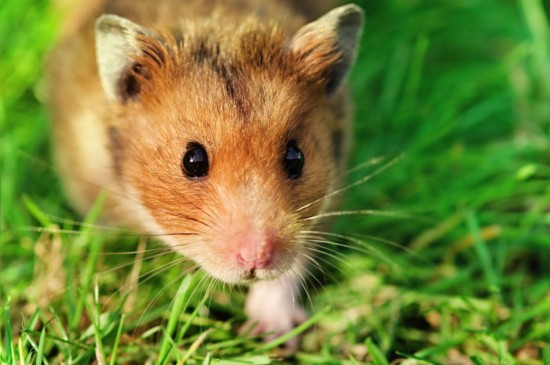 Common Hamster Breeds In The Uk
Common Hamster Br
Common Hamster Breeds In The Uk
Common Hamster Br
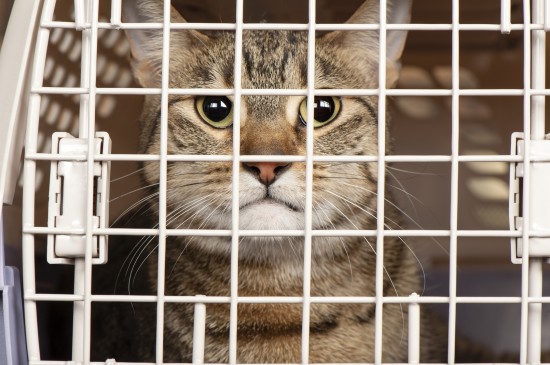 Getting Your Pet Ready For A Trip To The Vet
Getting Your Pet
Getting Your Pet Ready For A Trip To The Vet
Getting Your Pet
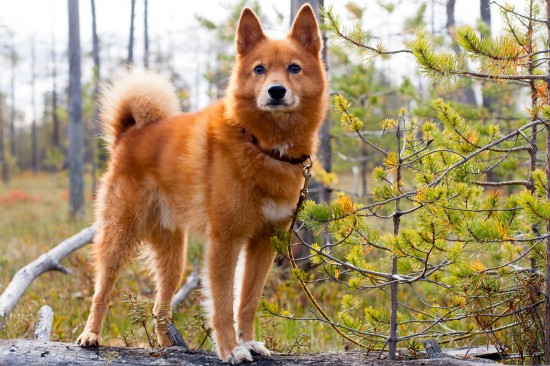 Is The Finnish Spitz Dog A Good Domestic Pet?
Is The Finnish Sp
Is The Finnish Spitz Dog A Good Domestic Pet?
Is The Finnish Sp
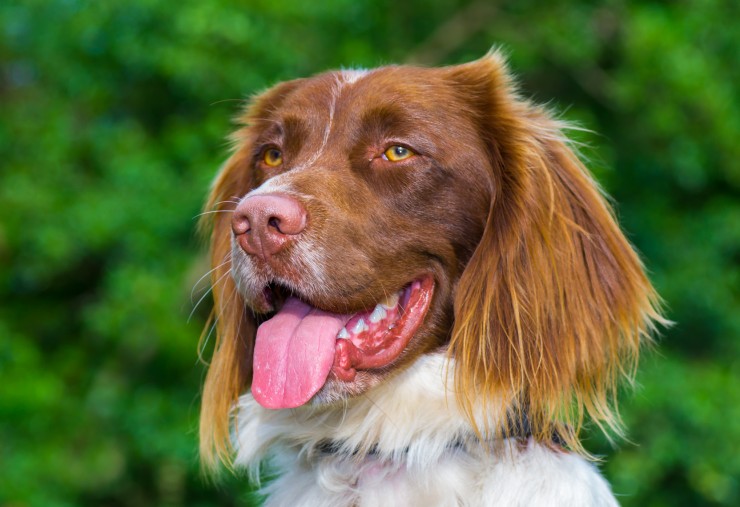 Are The Hiccups A Problem For Your Dog?
Are The Hiccups A
Are The Hiccups A Problem For Your Dog?
Are The Hiccups A
Copyright © 2005-2016 Pet Information All Rights Reserved
Contact us: www162date@outlook.com